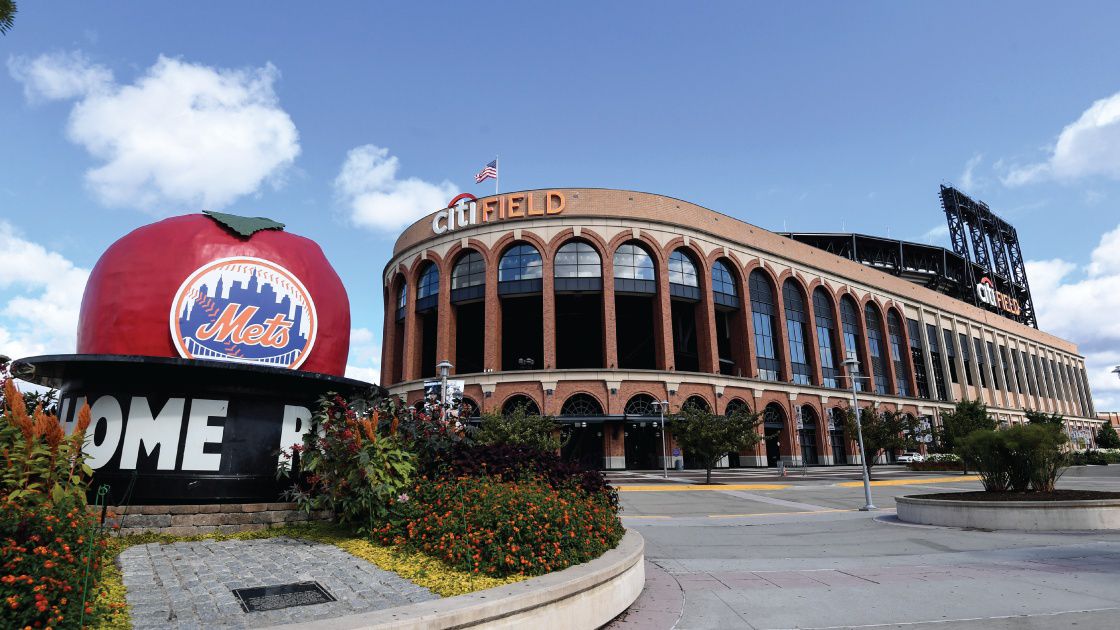A harbor seal enjoying Muscota Marsh on the tip of northern Manhattan has quite a past.
Photos of "Sealy," the name New Yorkers have given the young male, began turning up on social media in June.
But repeated sightings of the seal in the late afternoon over the last several days have drawn crowds to the marsh, along the banks of the Harlem River.
Some onlookers noticed a small yellow tag on his right flipper. It was placed there by the Mystic Aquarium's Animal Rescue Clinic in Connecticut, when it took care of the seal.
Aquarium officials tell NY1 that they know the harbor seal, but by the name Bluebell.
"[He] was rescued in Scarborough, Maine, by Marine Mammals of Maine in May of 2017, believed to have been abandoned shortly after birth. He arrived at Mystic Aquarium's Animal Rescue Clinic for specialized and compassionate care. At approximately four to five months old, following months of rehabilitation in Mystic Aquarium's Animal Rescue Clinic, Bluebell was deemed healthy and prepared for life at sea. He was released on Oct. 5 at Blue Shutters Beach in Charlestown, Rhode Island," said Dale Wolbrink, director of public relations at Mystic Aquarium.
Experts warn that people should not to get too close to the seal while trying to get a good photo. According to officials with the New York State Department of Environmental Conservation, people should stay at least 50 yards away. They also urge that all sightings be reported to the New York Stranding Hotline at 631-369-9829.
Seals have been seen in city waters, typically along the south shore of Staten Island, but the majority of spottings in the region are along the Atlantic beaches of Long Island during the winter.
Seals have also been seen in western Long Island Sound and the Hudson River. This is a return visit of Sealy. He was spotted in Muscota Marsh last summer.
Officials say the increase in seal visits in recent years can be attributed to improvements in water quality around the city. The changes enable more marine life to thrive, creating a freeding ground for larger animals like seals and whales.






_PKG_NYU_Prayer_Room_Vandalized_CLEAN)
